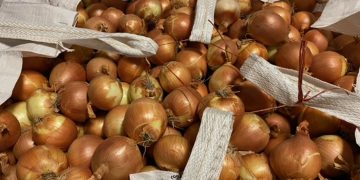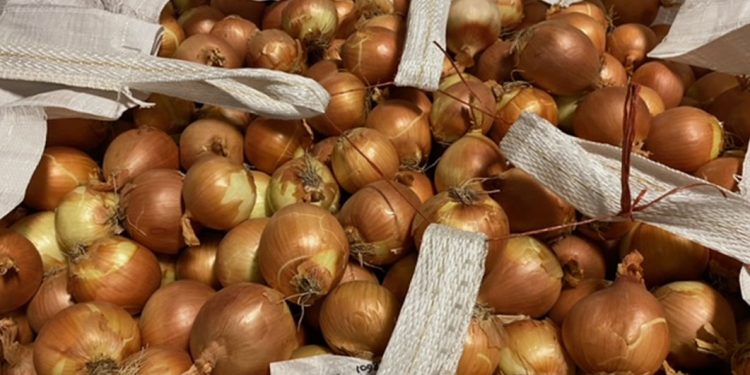#Australia #onionindustry#sustainableagriculture #precisionfarming #croprotation#renewableenergy #environmentalimpact #productivity #profitability
In this article, we will take a closer look at the onion industry in Australia’s Northwest region, and explore the sustainable agriculture practices adopted by onion farmers and agricultural engineers in the area. We will delve into the latest data and research on sustainable farming methods, and highlight some of the innovative approaches being used in the onion industry in Australia’s Northwest region.
According to a recent report by the Australian Onion Industry, the country’s onion production has been steadily increasing over the past decade, with the Northwest region being one of the major contributors to this growth. The report also highlights the importance of sustainable agriculture practices, with a focus on reducing environmental impact and improving crop yield and quality.
During a recent group tour of onion facilities in the Northwest region, organized by the Australian Onion Industry, farmers and agricultural engineers shared their insights on sustainable agriculture practices being used in the area. These included precision farming techniques, such as using drones and sensors to monitor soil health and moisture levels, and adopting more efficient irrigation systems to conserve water.
In addition, many farmers in the region have implemented crop rotation strategies to reduce soil erosion and improve soil health, while others have invested in renewable energy sources to power their farms and reduce carbon emissions.
The adoption of sustainable agriculture practices in the onion industry is not only beneficial for the environment but also for farmers and farm owners, as it can lead to increased productivity and profitability in the long run.
The onion industry in Australia’s Northwest region is making significant strides towards sustainable agriculture practices, with farmers and agricultural engineers adopting innovative and efficient techniques to reduce environmental impact and improve crop yield and quality. It is important for the agriculture industry as a whole to continue prioritizing sustainable practices for the benefit of both the environment and the economy.































